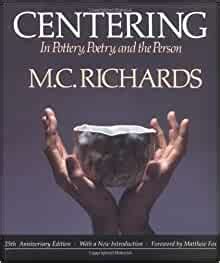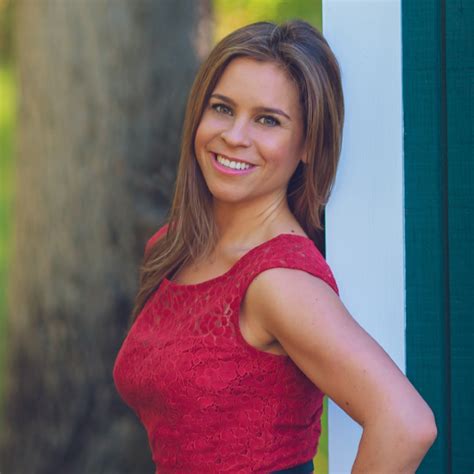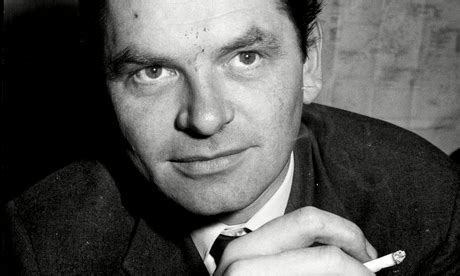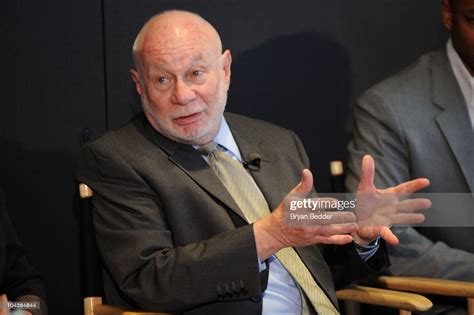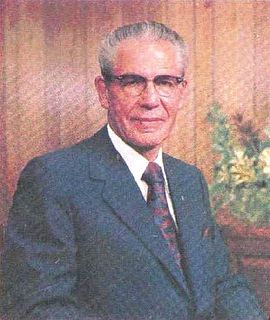A Quote by Mary Caroline Richards
Our works and our play. All our pleasures experienced as the pleasure of love. What could be better that? To feel in one's work the tender and flushed substance of one's dearest concern.
Related Quotes
Because we haven’t been taught to appreciate and love ourselves in this way, we don’t feel like we deserve self-care and pleasure. Instead, we cling to our To Do lists and sacrifice our health and well-being for the sake of others. Then, when we feel deprived of our basic human need for relaxation and enjoyment, we turn to food as our sole source of pleasure. When we then try to deprive ourselves of food through dieting, we deny the last bit of pleasure we have in our lives. And that strategy never works!
The most important fact about our shopping malls, as distinct from the ordinary shopping centers where we go for our groceries, is that we do not need most of what they sell, not even for our pleasure or entertainment, not really even for a sensation of luxury. Little in them is essential to our survival, our work, or our play, and the same is true of the boutiques that multiply on our streets.
In this choice of inheritance we have given to our frame of polity the image of a relation in blood; binding up the constitution of our country with our dearest domestic ties; adopting our fundamental laws into the bosom of our family affections; keeping inseparable and cherishing with the warmth of all their combined and mutually reflected charities, our state, our hearths, our sepulchres, and our altars.
Pleasure cannot be shared; like Pain, it can only be experienced or inflicted, and when we give Pleasure to our Lovers or bestow Charity upon the Needy, we do so, not to gratify the object of our Benevolence, but only ourselves. For the Truth is that we are kind for the same reason as we are cruel, in order that we may enhance the sense of our own Power.
We can rest contentedly in our sins and in our stupidities, and anyone who has watched gluttons shoveling down the most exquisite foods as if they did not know what they were eating will admit that we can ignore even pleasure. But pain insists upon being attended to. God whispers to us in our pleasures, speaks in our consciences, but shouts in our pains. It is his megaphone to rouse a deaf world.
It is not true that the legislator has absolute power over our persons and property, since they pre-exist, and his work is only to secure them from injury. It is not true that the mission of the law is to regulate our consciences, our ideas, our will, our education, our sentiments, our works, our exchanges, our gifts, our enjoyments. Its mission is to prevent the rights of one from interfering with those of another, in any one of these things.
